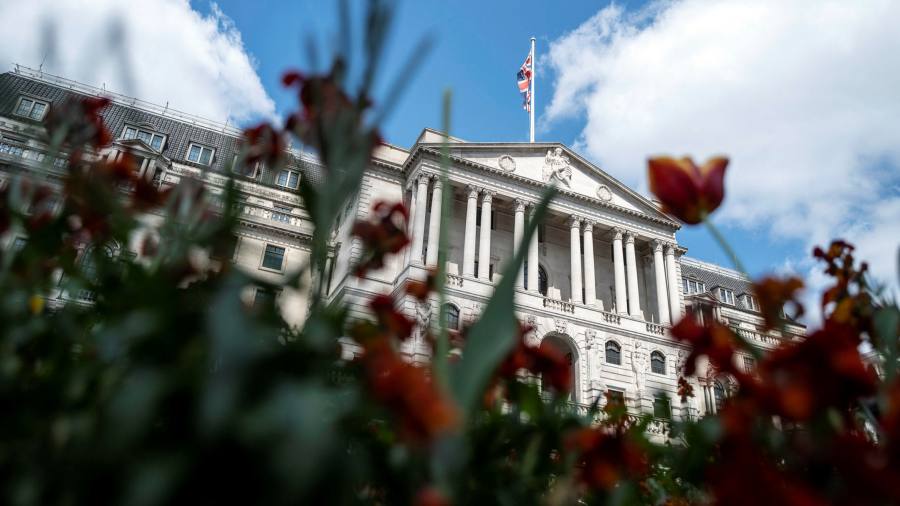Should you kick someone when they’re down? In life, the right answer must be “no”, but when it comes to monetary policy the correct response should be, “yes, when it is necessary”.
Imagine you are a policymaker and you have been given the task of controlling inflation. If you think price rises are increasingly persistent, the labour market is too hot and companies are too gung-ho about passing on cost increases to customers, you need to damp things down. The tool you have is interest rates, which you raise to increase borrowing costs and encourage more saving than spending. This is painful medicine, which you administer.
This describes the Bank of England’s position exactly. Last week it raised interest rates a quarter point to 1 per cent, the highest in 13 years, even though it knew households face the largest cost of living squeeze in decades. It also forecast that the UK economy would be 0.8 per cent smaller next summer than this summer.
When it took the decision, the central bank’s Monetary Policy Committee added that most members believed “some degree of further tightening in monetary policy may still be appropriate in the coming months”. There can be no doubt: the BoE is giving us all a good kicking when we’re down because it thinks that is the right thing to do.
It want us to feel poorer, spend less and be more fearful about demanding pay increases. It wants companies to think twice about raising prices. The alternative would result in prices and nominal wages going up further, without companies or households becoming better off. And that would require even more unpleasant action later on.
Although the BoE’s policy position was obvious from its forecasts and interest rate decision, bank officials were exceptionally coy about spelling out the implications. When asked what the bank had to say to the people it was kicking, governor Andrew Bailey and two of his deputies danced around the subject. In four minutes of obfuscation, the answer seemed to be that monetary policy had been carefully calibrated, a phrase the governors used five times.
No one doubts the MPC was diligent in examining the evidence. The nine members clearly voted for the monetary policy path they thought was most likely to hit the 2 per cent inflation target while also minimising volatility in the economy. But to have the best hope of ensuring high inflation is transitory, they needed to give the public and companies the clear message that they were adding to the pain and this was necessary for the BoE to restore price stability.
The only reason these governors sit in the privileged position of unelected officials taking important decisions is because society requires them to take expert decisions and tell the public the whole truth. The BoE was given operational independence to set interest rates 25 years ago because history told us politicians could not be trusted to take tough and necessary action on interest rates, leading to an inflationary bias and a more volatile economic cycle.
Since independence in 1997, the BoE has not really been challenged with a severe inflation rise at a time of extremely low unemployment and excess demand. Now the test has arrived, officials are sounding more like politicians than central bankers, who should tell it as it is, however unpopular that makes them. This can only amplify inflation expectations, ensuring the BoE ends up having to raise interest rates more than otherwise necessary to quell persistent price rises.
Let me put this bluntly. If BoE officials are unwilling to tell us about the pain required to bring down inflation, there is little point in having them set policy. At least with politicians, we can kick them out.
chris.giles@ft.com
Stay connected with us on social media platform for instant update click here to join our Twitter, & Facebook
We are now on Telegram. Click here to join our channel (@TechiUpdate) and stay updated with the latest Technology headlines.
For all the latest World News Click Here

